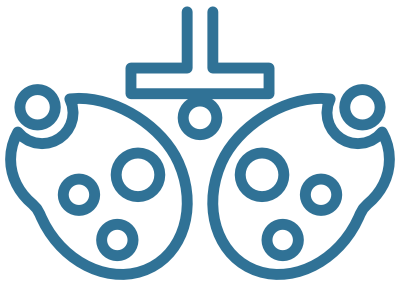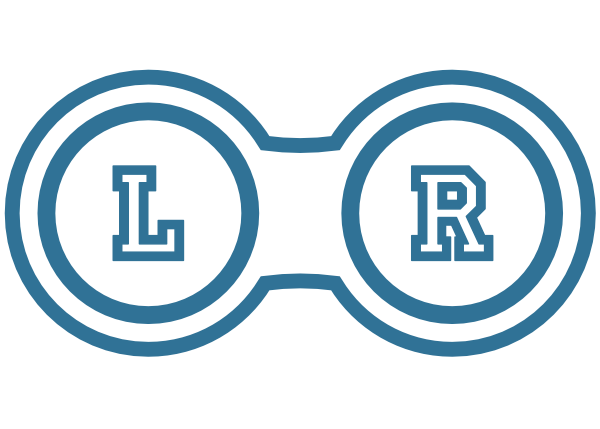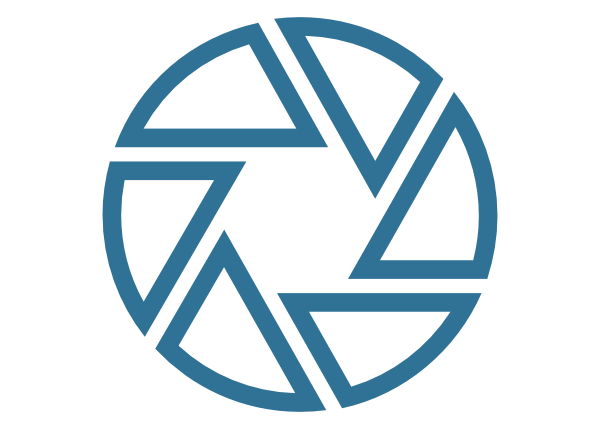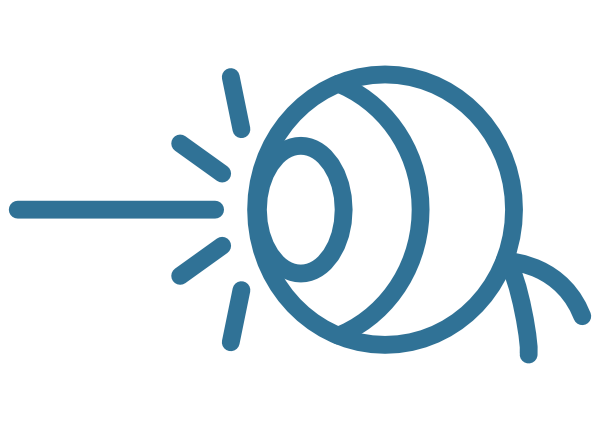Seeing clearly is just one part of your overall eye health. It’s important to have regular eye exams whether or not you wear glasses or contacts, and even if your vision is sharp. The articles below explain what problems can be spotted with an eye exam, what’s involved in a comprehensive exam, and special considerations for kids and contacts.
- Why are Eye Exams Important?
Catching problems in their early stages can prevent vision loss. An eye exam can do this by catching things you haven’t yet noticed. - Preparing for an Eye Exam
Make the most of your exams by knowing how often to get them, and what information to bring with you. - What to Expect
Going to the eye doctor? Here’s what to expect, and what to remember. - Visiting Your Eye Care Professional
Eye exams often begin by sharing information at the front desk, so be prepared. - What to Ask
You may want to ask some of these questions before or during your next eye exam. - Your Comprehensive Eye Exam
Learn what common tests and procedures to expect during a routine eye exam. - Eye Exams for Contact Lenses
A routine exam won’t provide some of the measurements and testing that are required to determine if your eyes are suitable for contact lens wear, and to generate your contact lens Rx. - Eye Exams for Children
When should your child have their first eye exam? Plus, learn about special considerations for developing eyes. - Common Tests
You may be given these common tests during a routine eye exam. Find out what you can expect. - Medications
It's important to understand the relationship between your eyes and any medications you may currently be using.






